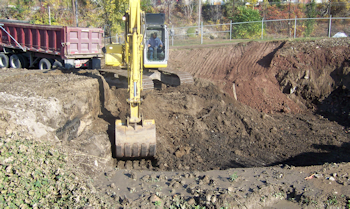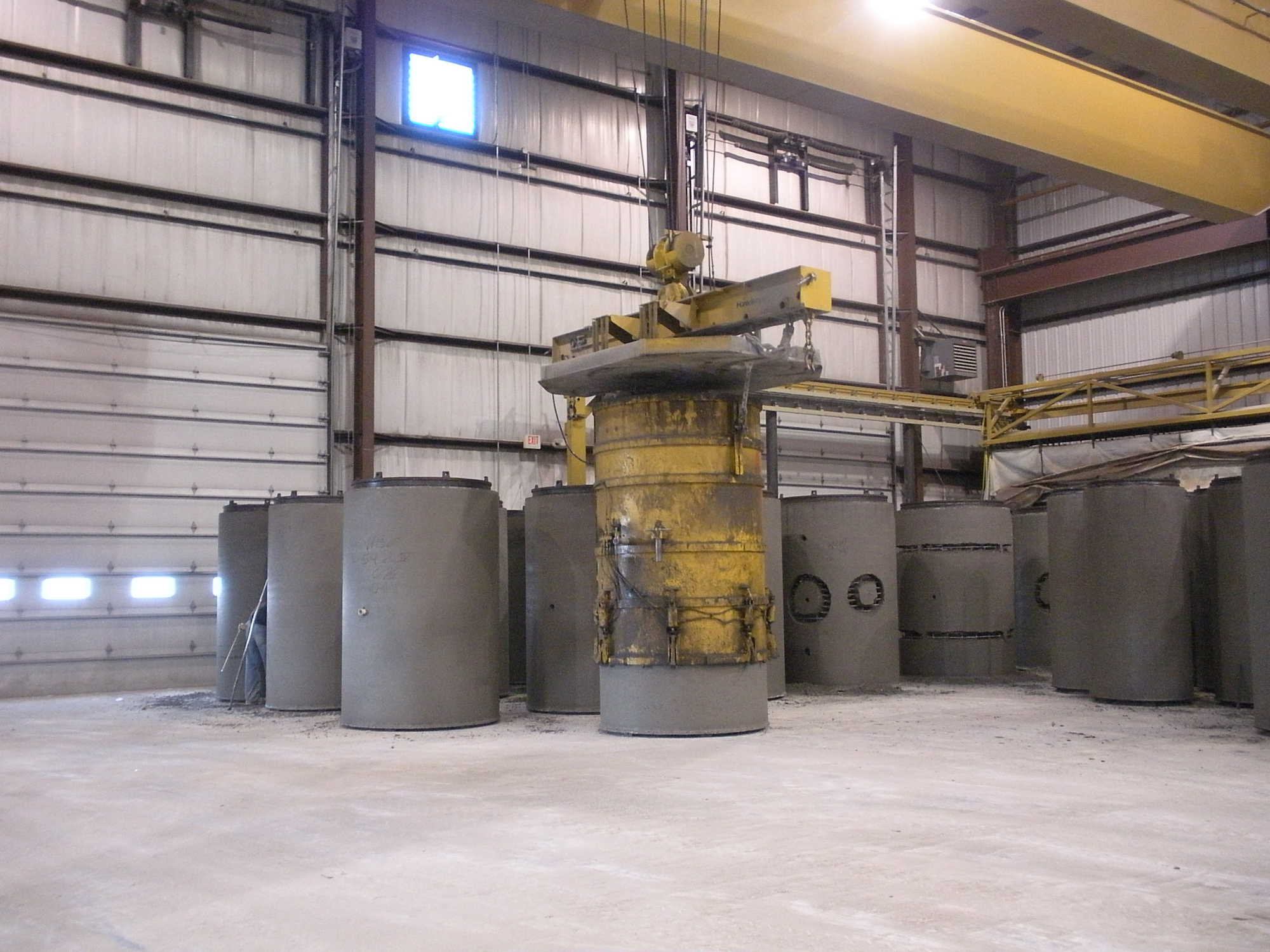 Most of us working for government at one time or another have watched our organizations respond to someone calling a politician to demand some type of law. Fortunately most elected officials realize that passing a law just because someone told you to is not always a good idea. So instead committees are created or meetings are held to discuss the proposed piece of legislation. This allows everyone – citizens, staff, elected officials, and other agencies and businesses – to offer comments on the pros and cons and costs of what was proposed. This is important because usually someone is going to think of something that might be important to know before that law is passed.
Most of us working for government at one time or another have watched our organizations respond to someone calling a politician to demand some type of law. Fortunately most elected officials realize that passing a law just because someone told you to is not always a good idea. So instead committees are created or meetings are held to discuss the proposed piece of legislation. This allows everyone – citizens, staff, elected officials, and other agencies and businesses – to offer comments on the pros and cons and costs of what was proposed. This is important because usually someone is going to think of something that might be important to know before that law is passed.
Unfortunately we occasionally learn of laws passed with no discussion or input from those affected. And most of these laws end up creating huge impacts and crippling operations for business, government, and our economy and are the type of laws suggested by special interest groups. In early August, while we were still trying to figure out the FOIA law that recently passed, we found out a new law was passed to regulate dumping of clean fill like dirt, concrete, and asphalt.
My first inkling of something being up came from a call by our contractor asking me to sign a document as a professional engineer certifying that each load off our jobsite was free of any contamination. My initial reaction, along with a coworker's, was how can we sign something like that and why would we have to? Later that night I learned about the law, Public Act 96-1416. You can go read it, but like most laws, it is difficult to determine exactly what this means – there is no Common Man's Guide to a Law.
The person who told me about the law explained, as our contractor suggested, that starting August 1, 2010, a landfill in Illinois can no longer take clean fill unless each load has a certification signed by a professional engineer that it is free of contaminants. But as a professional engineer, I certainly do not feel comfortable signing something like this. Questions arise such as what testing is required to determine this, what liability do I take on signing this, don't I have to follow each load to the landfill to ensure nothing else is thrown in, and so on.
So like any other person working in public works who depends on having to dump dirt on a daily basis, I need to know just what is this law and what does it mean to our department and to me as a professional engineer. Since the legislators named professional engineers as the certifying profession, you would have thought they would have asked us about the terms of the law. But no professional engineer I know had heard this law was in the works. So for a few weeks, all of us wondered what was going on.
A couple weeks after the law went into effect, we received a flyer from the Illinois EPA advertising seminars to explain what had just happened. The only problem was so many of us have been wondering what the hell is going on that they were inundated with registrations. I received an answer to my registration telling me:
"Thank you for your RSVP regarding CCDD training. Due to an overwhelming response, we are not able to accommodate your request. However, four more sessions have been scheduled (see attached flyer). Please e-mail reply which session you would like to attend. A single company or agency is limited to 2 people per session." [the bold is their emphasis – a copy of the flyer is below]
Based on all that, I have to believe the EPA was also not consulted based on this. They are normally very good at getting out information and being responsive. And there is nothing about it in their list of news releases on their main website page. They have, however, now created a page on their Website that helps explain the new law: http://www.epa.state.il.us/land/ccdd/index.html
So it seems, we have legislation that had no input from the profession designated to certify compliance and no input from the regulating agency and no input from the contractors or landfill operators hauling the material, and no input from the governments whose operations are affected, and no input from the majority of the citizens who have to pay for the cost to comply. No one dealing with it understands it, the regulatory agency is still trying to figure out how to administer it, and we have yet to see what this is going to cost the public.
The information, ideas, and opinions posted on this Website are my own and in no way represent or reflect those of my employer.



One Reply to “CCDD Law Passed”
Comments are closed.